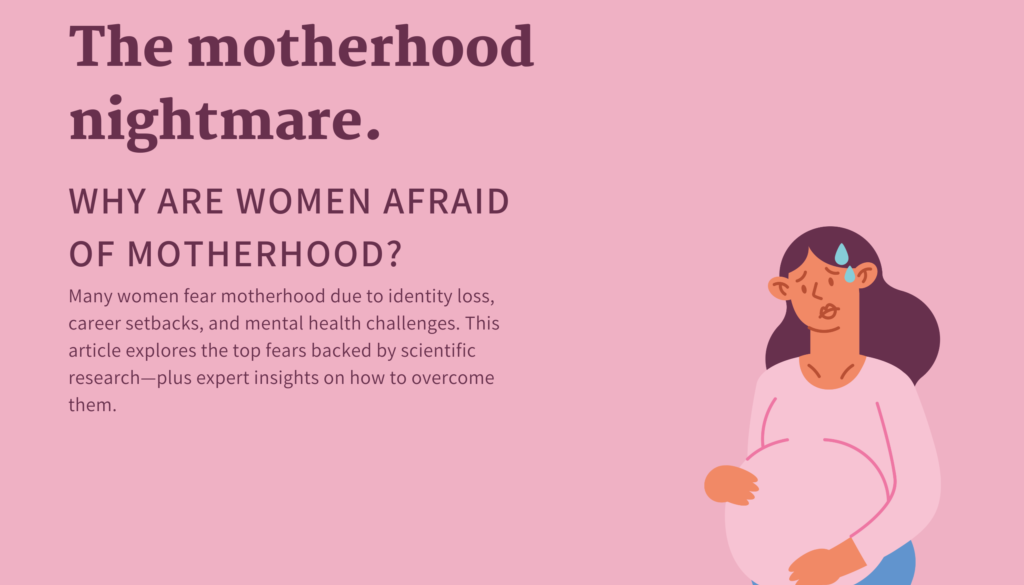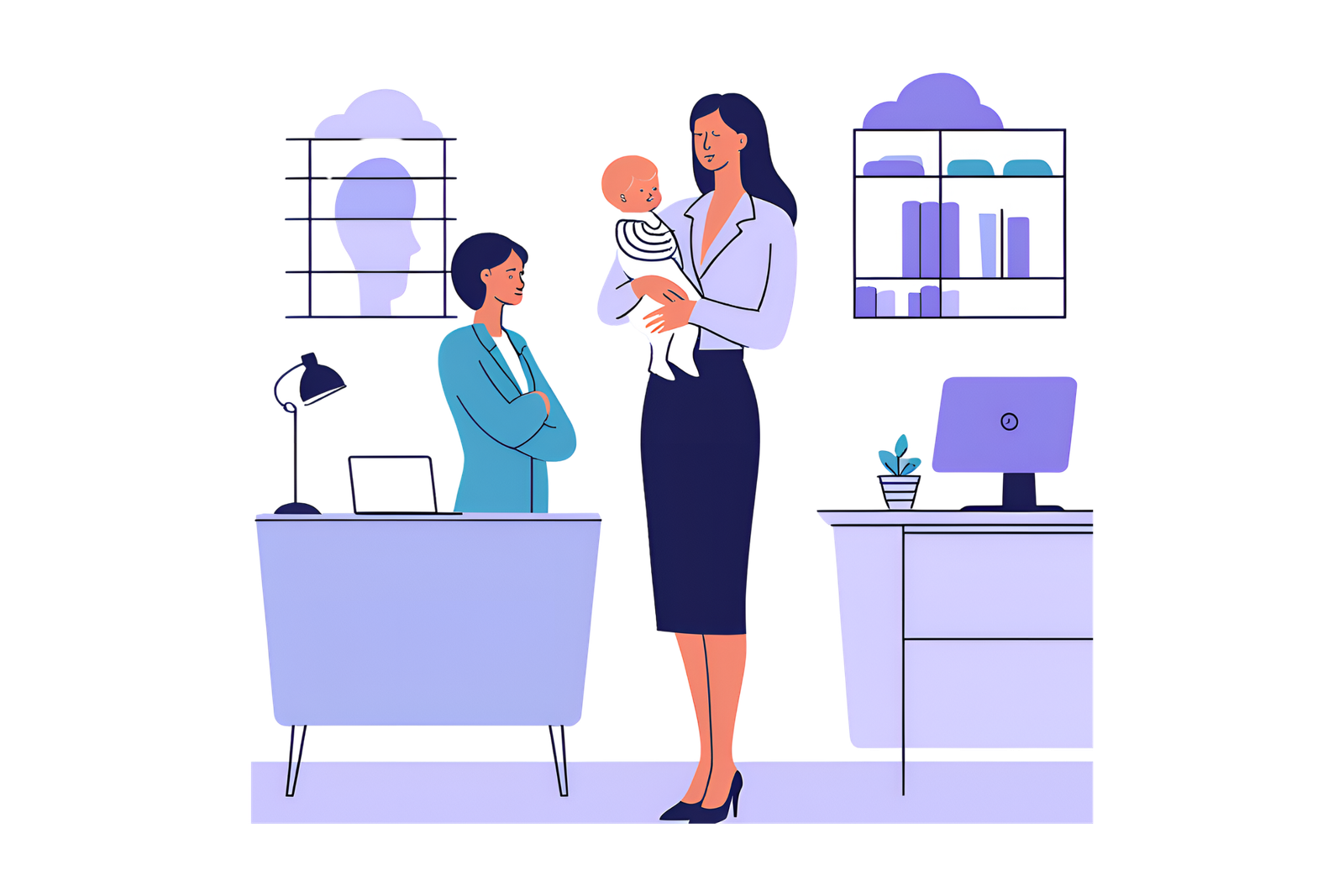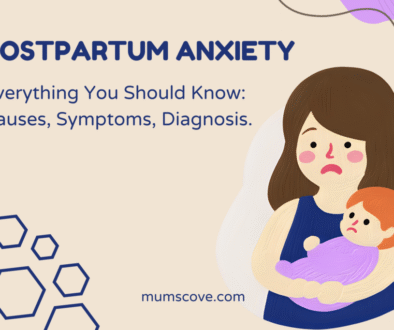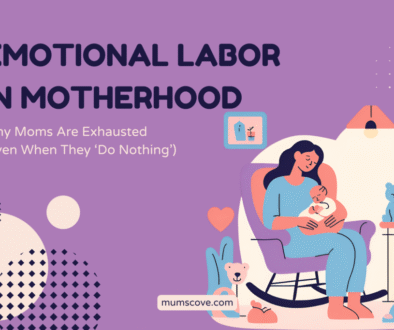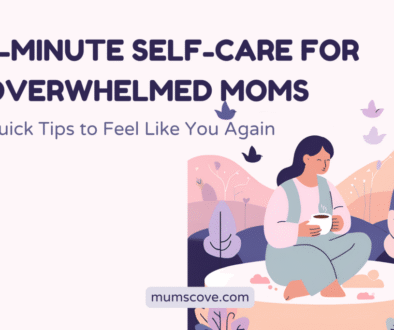Why Are Women Afraid of Motherhood? based on scientific research
Motherhood is often described as one of life’s greatest joys, but for many women, it’s also a source of deep fear. The thought of losing personal freedom, facing financial burdens, or struggling with mental health can be overwhelming. In today’s world, where women are encouraged to pursue careers, independence, and personal fulfillment, the decision to become a mother comes with complex emotions.
But where do these fears come from? And more importantly, are they valid? This article explores the biggest reasons women hesitate to become mothers—backed by scientific research and expert insights.
1. Fear of Losing Personal Identity
Keywords: fear of motherhood, personal identity loss, motherhood expectations
One of the biggest fears surrounding motherhood is the loss of personal identity. Many women worry that they will no longer have time for their careers, passions, or even their sense of self.
🔎 Scientific Study:
A study published in Frontiers in Psychology (2020) found that new mothers often experience a “maternal identity crisis,” struggling to balance their individual goals with societal expectations of motherhood. The study suggests that this identity shift can lead to stress and emotional exhaustion, particularly in cultures that glorify self-sacrificing motherhood.
🗣 Expert Insight:
Dr. Sophie Brock, a researcher on motherhood, explains:
“Women are expected to devote themselves entirely to their children, which can make them feel like they no longer exist outside of their role as a mother. This fear is completely valid, and it’s important to reshape the narrative around motherhood to allow for personal growth alongside parenting.”
2. Career Setbacks and Financial Struggles
Keywords: motherhood penalty, working mothers, financial impact of children
For many women, the financial impact of having children is a major concern. The reality is that motherhood can come with career setbacks, pay gaps, and fewer professional opportunities.
🔎 Scientific Study:
A National Bureau of Economic Research (2018) study found that women’s earnings drop by an average of 30% after having children, while men’s earnings remain the same. This phenomenon, known as the Motherhood Penalty, means that even highly educated women often face reduced career growth simply because they have children.
📉 Key Statistic:
A Pew Research Center survey found that 42% of mothers say having kids negatively impacted their career growth, compared to only 23% of fathers.
🗣 Expert Insight:
Dr. Michelle Budig, a sociologist, states:
“We live in a world where women are still expected to take on most of the caregiving duties. Without systemic support like paid parental leave and affordable childcare, it’s understandable why so many women fear the financial consequences of motherhood.”
3. The Pressure to Be the “Perfect Mom”
Keywords: motherhood expectations, social media pressure, modern parenting challenges
Social media and societal expectations have created an unattainable standard for motherhood. Many women fear they won’t live up to this ideal, leading to anxiety and self-doubt.
🗣 Expert Insight:
Psychologist Dr. Renee Engeln explains:
“Women are bombarded with images of ‘perfect moms’ who never struggle. This unrealistic portrayal creates fear because it makes motherhood look like an impossible standard rather than a journey with ups and downs.”
4. Mental and Physical Health Concerns
Keywords: postpartum depression, pregnancy challenges, maternal mental health
Pregnancy, childbirth, and postpartum recovery can take a toll on a woman’s body and mind. Many women fear the physical pain of childbirth and the emotional challenges that follow.
📉 Key Statistic:
According to the CDC, 1 in 7 mothers experience postpartum depression (PPD), but over 50% of cases go undiagnosed due to stigma and lack of awareness.
🗣 Expert Insight:
Dr. Samantha Meltzer-Brody, a psychiatrist specializing in women’s mental health, says:
“The fear of postpartum depression is real, and we need to normalize conversations around maternal mental health. Women should not have to face these challenges alone.”
Breaking the Fear: What Needs to Change?
✔ More Open Conversations About Motherhood – Women should hear both the joys and struggles, not just a filtered version.
✔ Workplace Policies That Support Mothers – Paid maternity leave and affordable childcare can ease financial fears.
✔ Greater Mental Health Awareness – Normalizing postpartum depression discussions can help women feel more prepared and supported.
✔ Challenging Gender Norms – Encouraging equal parenting responsibilities can make motherhood less overwhelming.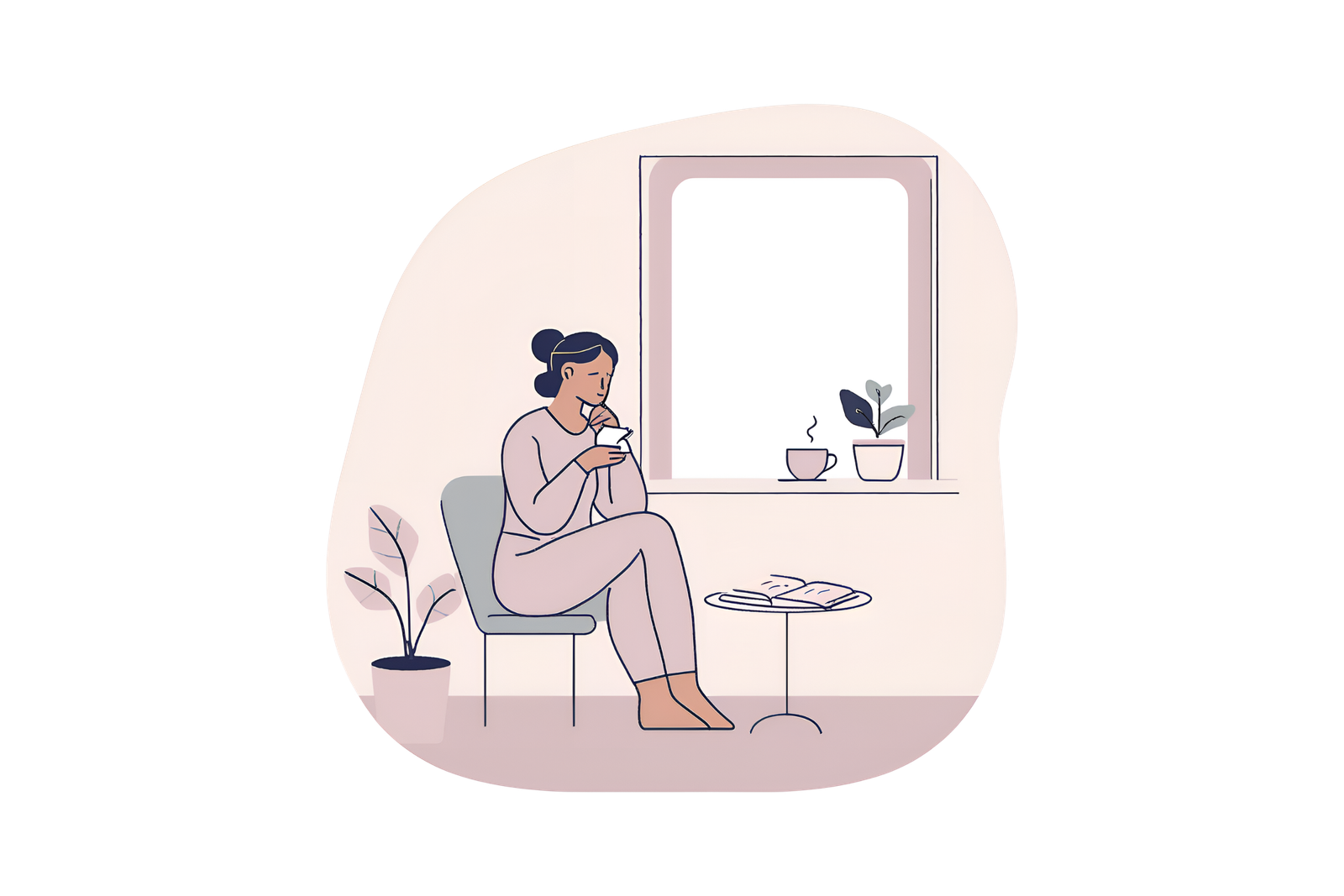
Final Thoughts
Women’s fears about motherhood aren’t irrational—they’re based on real societal and economic challenges. Instead of dismissing these concerns, we need to address them through policy changes, mental health support, and shifting cultural expectations.
💬 What are your thoughts? Do you relate to these fears? Let’s talk in the comments!
Research Links:
